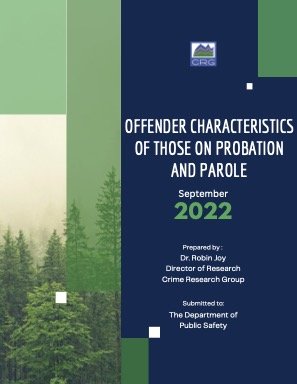By Gustavo J. Bobonis and Anke Kessler
To what extent can anti-corruption measures serve to limit patronage and corrupt networks effectively and sustainably in clientelist societies with a prevailing norm of corruption? We develop a political agency model in which office holders are motivated to reduce rent seeking behavior through re-election incentives operating via elections and audits (formal institutions), but also through reputational or self-image concerns that are influenced by the prevailing norm on corruption in their peer group (informal institutions). We show that, while the formal institutions of audits and elections have the desired direct effect of reducing corruption, they also affect informal rules of conduct, which can have unintended effects. In particular, in clientelist societies with high levels of corruption, the social concerns work in opposition to formal incentives provided by anti-corruption efforts. Applying the theory to data from Puerto Rico’s anti-corruption municipal audits program, we find evidence consistent with the idea that anticorruption measures are less effective due to social spillovers.
CESifo Working Paper No. 11715, Munich: Munich Society for the Promotion of Economic Research - CESifo GmbH, 2025.





















